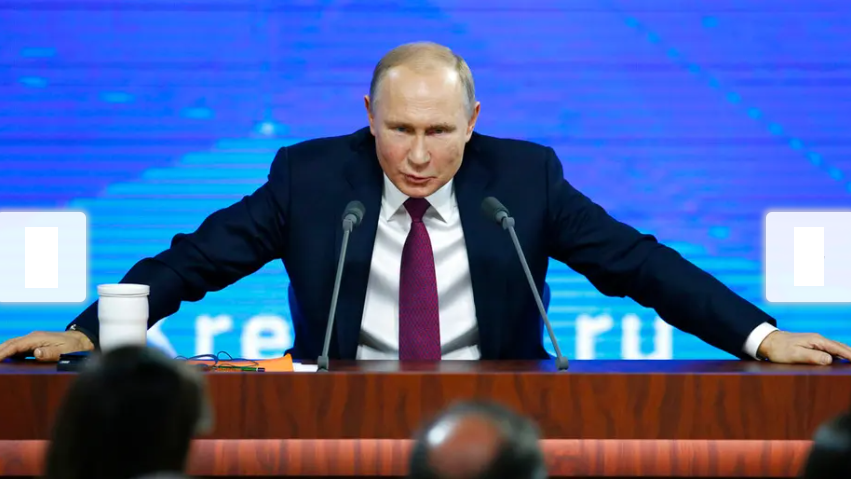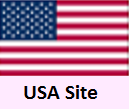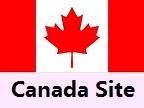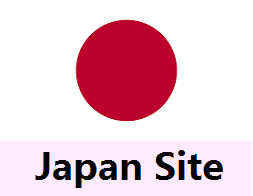Frederick Kagan argued that Putin operates within a 'fictional universe'Russian President Vladimir Putin would only consider nuclear weapons in the event he feels an "existential threat" to his country or regime, according to foreign policy experts.
"They could be used, but in very, very specific situations," former Russian foreign minister Andrei Kozyrev told Fox News Digital. "If Russia or one of those countries really threatened in their hearts – existentially, that is … if NATO troops come to Moscow, then probably they will resort to nuclear weapons." "But there is no existential threat to Russia under the present circumstances," Kozyrev said. Russian President Vladimir Putin speaks during his annual news conference in Moscow, Russia, Dec. 20, 2018. (AP Photo/Alexander Zemlianichenko)
Russia has changed course over the past few weeks after failing to take Kyiv despite a month-long campaign in northern Ukraine. The Russian military claimed to have achieved its phase one goal and would instead focus on securing the Donbas region – a move that some have labeled a "consolation prize" to make up for the "sacrifice."
Heritage Foundation Senior Fellow Brent Sadler suggested that Putin could use a tactical nuclear strike if Russia faced an "overwhelming military defeat" in Donbas. "That might be the case where a tactical nuclear weapon might be considered to demonstrate resolve and basically reverse any trends going on in the Russian military," Sadler said. "I don’t see them using city killers, because that would definitely usher in World War III, and the assumption is if he does that he’s attacking NATO." Putin reiterated his nuclear threats following Finland and Sweden’s indication that both may look to apply for NATO membership in June when the current member nations meet in Madrid, and Ukrainian President Volodymyr Zelenskyy on Sunday said that "all countries should be concerned" about Putin and his nuclear weapons threats. But Kozyrev, author of "The Firebird: The Elusive Fate of Russian Democracy," said that it is "absolutely" a case of "barking" with "no way to bite" from the Russian leader. "The responsible military commanders will do everything to avoid such a scenario and to prevent the use of nuclear weapons unless they believe there is an existential threat to their motherland," he stressed. Putin has at times treated NATO’s very existence as an existential threat to Russia, but Kozyrev insisted that as long as Putin can maintain his regime, he will not do anything to threaten his position of power. Former Russian foreign minister Andrei Kozyrev, pictured with his book, "The Firebird: The Elusive Fate of Russian Democracy." (Fox News Digital)
Part of the difficulty in trying to predict Putin’s potential moves is that the West continues to project its own thinking and logic onto Moscow, which Sadler said is a "real bad tendency" among western leaders.
"For Putin, I think there is a tendency to mirror image by the United States," Sadler explained. "We’re getting better by engagement, and the Ukrainian people are helping us understand better, but there’s a real danger there. "And it’s hard now because Putin has isolated himself, largely, and he’s only engaging with a very trusted group of advisors," he added, saying Putin could make unanticipated calculations from the western perspective. Frederick Kagan, Director of the Critical Threats Project at the American Enterprise Institute, went a step further to say that Putin operates in a "bounded rationality," which he equated to talking about "in-universe" explanations for movies or TV shows. "There’s definitely a fictional universe in which Putin is operating, and he has in-universe explanations for what he’s doing," Kagan said. "And that’s a problem because it’s clearly not the case he believes everything the Kremlin says, which is what’s tricky about this." Kagan said the U.S. operated under this same framework during the Cold War and that officials at that time were more aware that the Russians operated on a different logical track than the West did. "We know it’s not the real world – that’s clear: he’s not making decisions that are rational in the real world, but we also know it’s not the universe of fiction the Kremlin spins," Kagan added. "It’s closer to the real world than that, but how close to the real world is hard to say."
|
The ADs on this page are posted by Affiliate of corresponding companies (not their employee)
|
TIPs: Retail Item prices & shipping costs for the same products may differ among different countries. Price comparison is suggested.
New experience! Shopping around different countries, while sitting at home.
New experience! Shopping around different countries, while sitting at home.



















